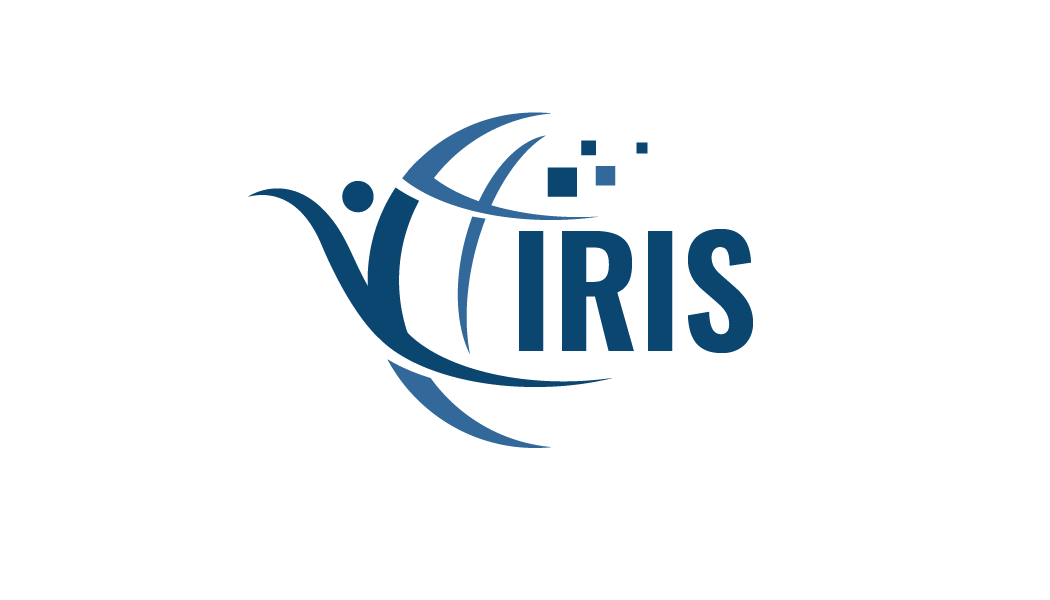Abstract
Due to the rapid changes in the labor market, reskilling and upskilling are more relevant and important for career development than ever before. As the number of ways to obtain new competences increases, so does the need for individual learning paths and support. Gamification, one of the most representative motivation and persuasive Information Systems, has been employed as one potential approach for self-growth and skill development. This paper examines how different motivationstowards acquiring new skills affect the perceived value, i.e., usefulness, enjoyment, and playfulness, of different gamified support for competence development. In the study, different presentations of gamified support were categorized based on their temporality and openness. Utilizing this categorization, a vignette-based survey study was conducted for two focus groups, learners in higher education and lifelong learners, e.g., from companies. The results revealed similarities and differences between the groups.In both groups, intrinsic motivation toward skill development has a positive effect on gamified support with high flexibility, whereas external regulation has a positive effect on short-term support (e.g., via micro-credentials). Lifelong learners who are intrinsically motivated additionally value short-term support (e.g., targeted skills), whereas intrinsically motivated HE students perceive long-term support as valuable (e.g., via study programs).
Recommended Citation
Siivonen, Miiko; Pirkkalainen, Henri; Khan, Bakhtawar Aurangzeb; and Xi, Nannan, "EFFECTS OF INTRINSIC AND EXTRINSIC MOTIVATION ON GAMIFIED COMPETENCE DEVELOPMENT SUPPORT" (2024). 15th Scandinavian Conference on Information Systems. 3.
https://aisel.aisnet.org/scis2024/3


